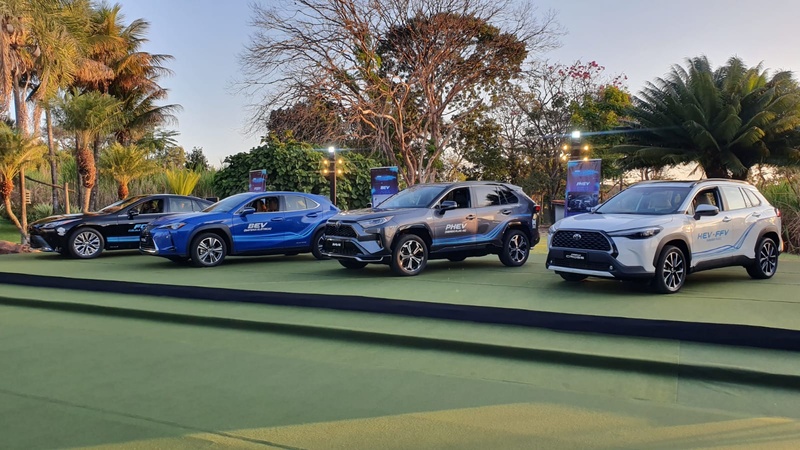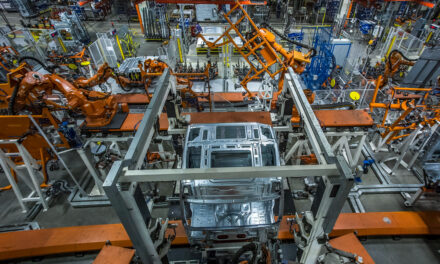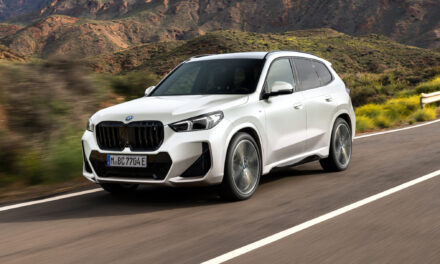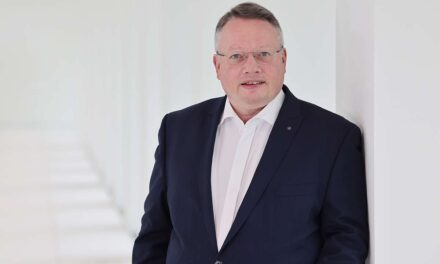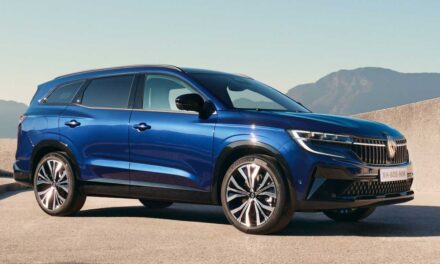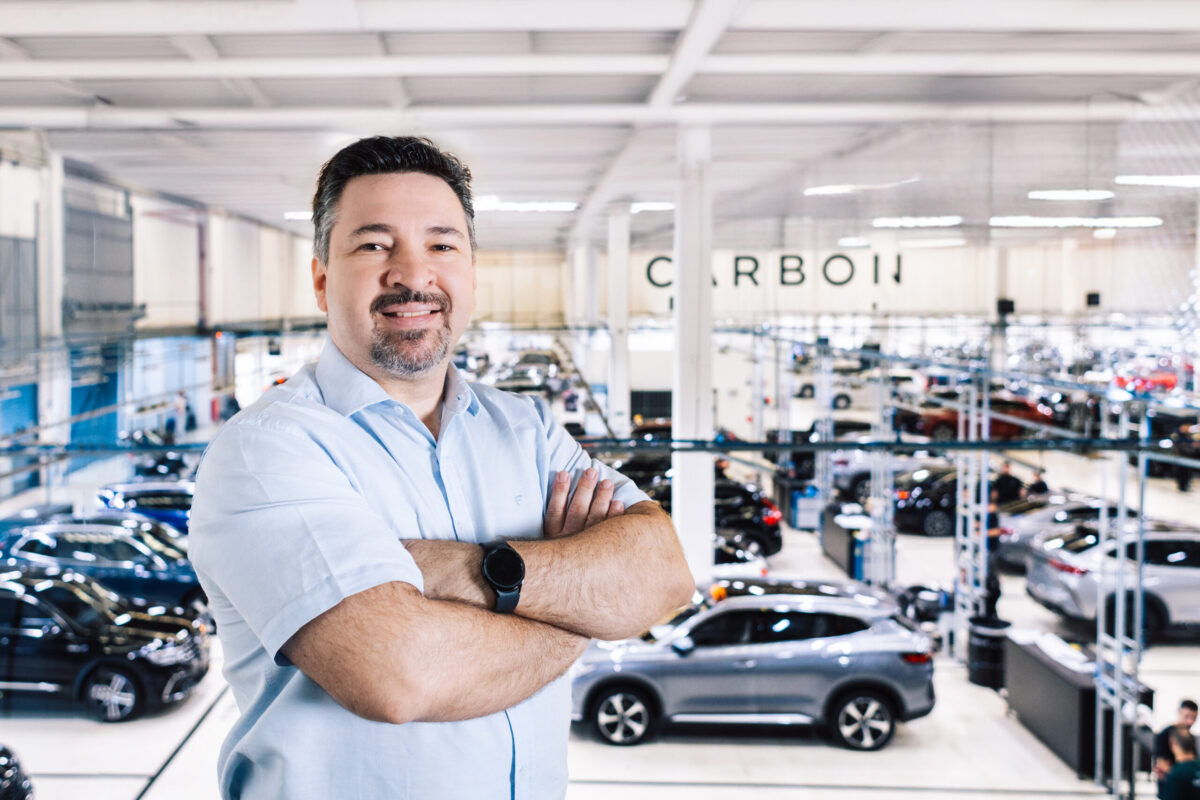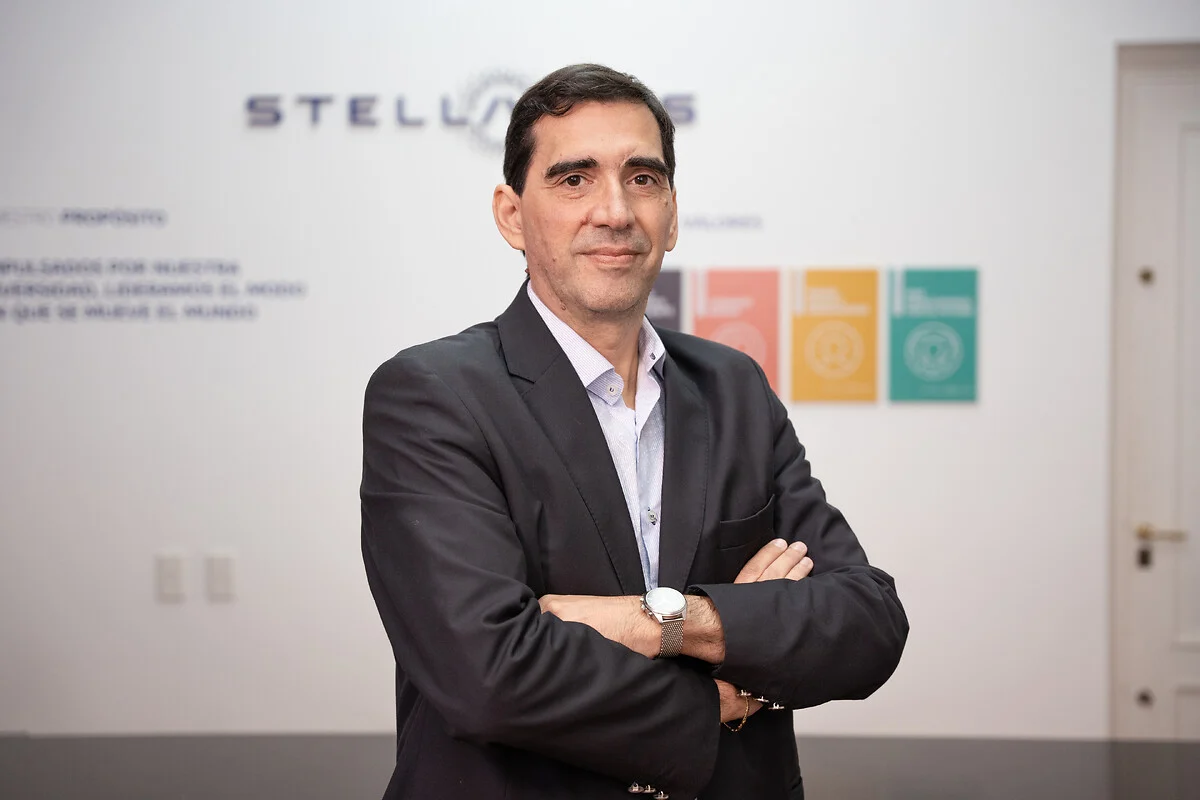By Redação AutoIndústria | 6/13/23 | Translated by Jorge Meditsch
The first edition of the event “Anfavea – Conduzindo o Futuro da Eletrificação no Brasil” (Conducting the Future of Electrification in Brazil) happens this Wednesday, 6/14 in Brasília, DF. The event will gather federal authorities and guests to debate the Brazilian automotive sector, charging infrastructure, generation, transmission and distribution of clean energy, besides the development of industrial supply chains, local transformation of raw materials connected to the electrification and public-private partnerships.
The seminary’s five pannels will have Brazilian and foreign speakers who will annalize the challenges and opportunities of electric mobility in Brazil based on the experience in countries in Europe, Asia and North America.
Rafael Chang, Toyota do Brasil’s president, will participate on the pannel ‘The CEOs’ vision about electrification in Brazil by 2035″, which will address the industry contribution and value chain as facing the challenges and opportunities of electrification in the country.
World’s pioneer in fuel-flexible hybrid vehicles production, Toyota will use the event to present its full portfolio of electrification technologies. Among the models are the Corolla Cross, a plug-in hybrid vehicle made in Brazil, a RAV4 and a Lexus UX300e battery-electric vehicle, as well as the Mirai, world’s first fuel-cell vehicle.
In a note issued on Tuesday, 6/13, Toyota emphasized its wide electrified model range with four powertrain options: “All they have as characteristic the great potentialof CO2 reduction according to the needs and desires of each countries’ customers, the available infrastructure and public policies context’.
Sales leader of this technology in the global market, the Japanese brand had more than 20 million electrified units commercialized since 1997, when it launched the Prius. According to the manufacturer, these vehicles promoted a reduction of about 160 million tons of CO2 emitted in the atmosphere.
Toyota sells 63 different electrified vehicles worldwide, part of its commitment to be carbon-neutral by 2050. In Brazil, the flexible-fuel hybrid vehicles are its bet on a technology adequate to the local market infrastructure:
“Abundant in the country, the ethanol proved its efficacy in CO2 reduction in more than 20 years of use in urban mobility in the Brazilian territory”, highlights the company’s note.

